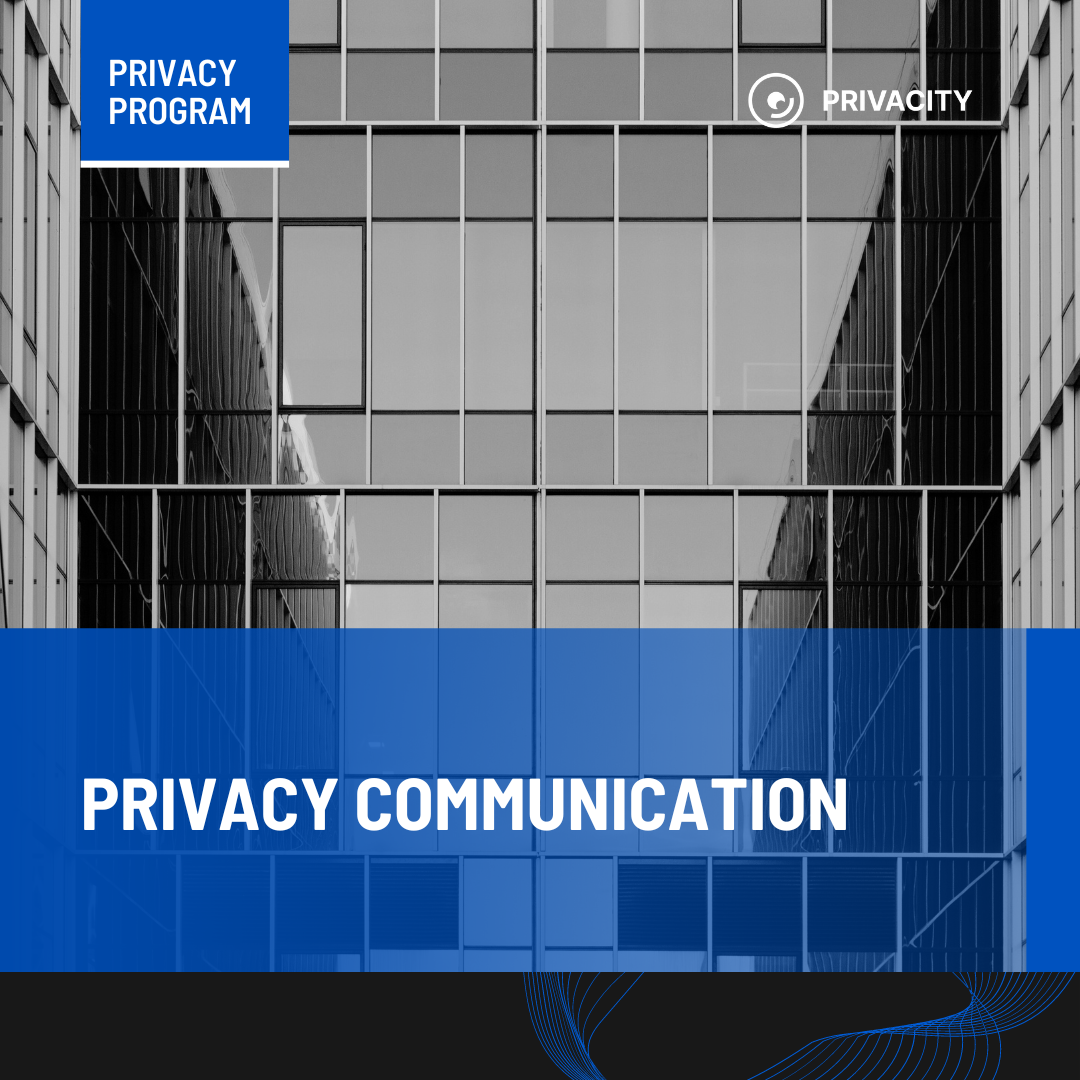Privacy communication
Privacy communication is essential for protecting personal information and maintaining privacy in various contexts, such as online interactions, healthcare settings, and financial transactions. It`s a critical aspect of protecting personal information and maintaining privacy in a variety of contexts. In today’s digital age, where sensitive personal information is increasingly collected, stored, and shared online, it’s more important than ever for companies to prioritize privacy communication and take measures to protect personal information.

Key aspects of privacy communication
In general, privacy communication refers to the practices and techniques used to communicate personal information in a secure and confidential manner. This may include strategies for encrypting data, minimizing the amount of personal information shared, and using secure communication channels.
One key aspect of privacy communication is ensuring that individuals have control over their personal information and are aware of how it will be used and shared. This may involve obtaining explicit consent from individuals before collecting or sharing their information, providing clear and transparent privacy policies, and giving individuals the ability to opt-out of certain types of data collection or sharing.
Another important element of privacy communication is minimizing the risk of data breaches or other security incidents. This may involve implementing strong data security measures, such as firewalls, encryption, and multi-factor authentication, as well as regularly monitoring systems for suspicious activity and promptly addressing any security incidents that occur.
Overall, privacy communication is a critical component of protecting personal information and maintaining privacy in a variety of contexts. By following best practices for privacy communication, individuals and organizations can help ensure that sensitive information remains secure and confidential.

Why is it important for companies?
Privacy communication is crucial for companies because it helps to establish and maintain trust with their customers, employees, and other stakeholders. When individuals share their personal information with a company, they expect that the company will handle that information responsibly and securely.
If a company fails to adequately protect personal information or communicate its privacy practices, it can damage its reputation and erode trust among its stakeholders. This can have significant financial and legal consequences, including lost business, regulatory fines, and lawsuits.
Furthermore, privacy regulations such as the General Data Protection Regulation (GDPR) and the California Consumer Privacy Act (CCPA) require companies to communicate their privacy practices to individuals and obtain their consent before collecting or sharing personal information. Failure to comply with these regulations can result in significant penalties and legal liability.
By prioritizing privacy communication, companies can demonstrate their commitment to protecting personal information and complying with applicable regulations. This can help to build and maintain trust with customers, employees, and other stakeholders, which is essential for long-term business success.

How privacy communication affects customer`s experience
Customers want to feel secure and protected when they share their personal information with a company, and if they feel that their privacy is not being respected or protected, it can negatively impact their trust in the company and their willingness to continue doing business with them.
When a business communicates clearly and effectively about their privacy policies and practices, it can help build trust and confidence with customers. This means being transparent about what data is being collected, how it is being used, and who it is being shared with, as well as offering customers the ability to control their own data through tools like opt-in and opt-out features.
In contrast, if a business is not transparent about its data collection and use practices, or if it experiences a data breach or other privacy violation, it can cause customers to feel violated and vulnerable. This can lead to a loss of trust in the business, negative reviews, and even legal action.
Privacy communication is critical to building and maintaining trust with customers. By being transparent about data collection and use practices and providing customers with control over their own data, businesses can create a positive customer experience and build long-term relationships based on trust and respect.
Conclusion
By implementing strong privacy policies and communication practices, companies can demonstrate their commitment to protecting personal information, comply with applicable regulations, and build trust with their customers and stakeholders. This can lead to a more positive reputation, increased customer loyalty, and improved business success.

